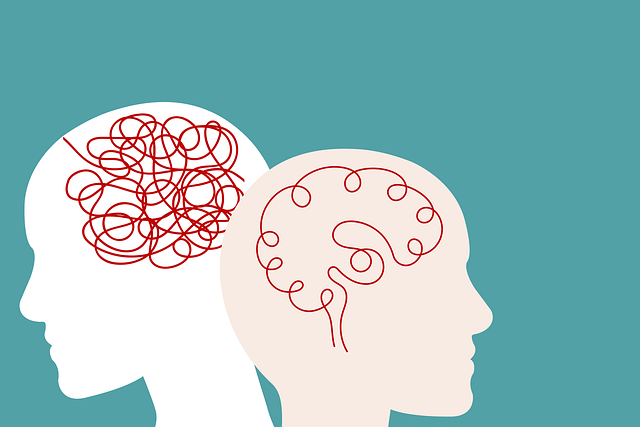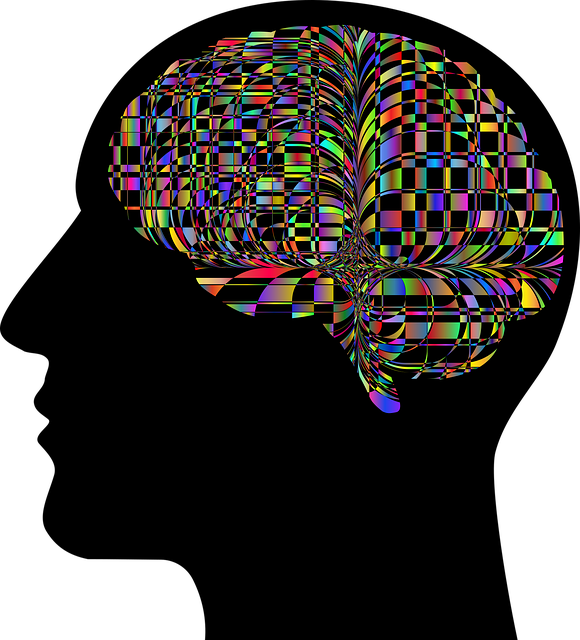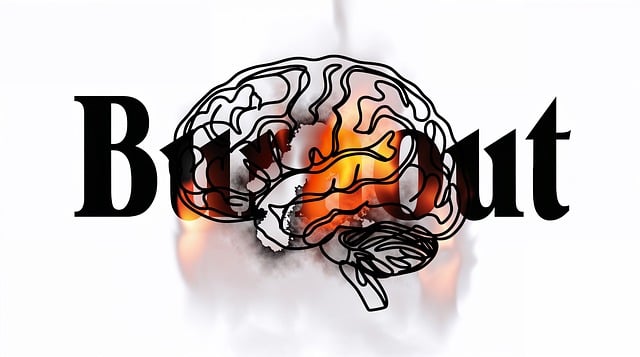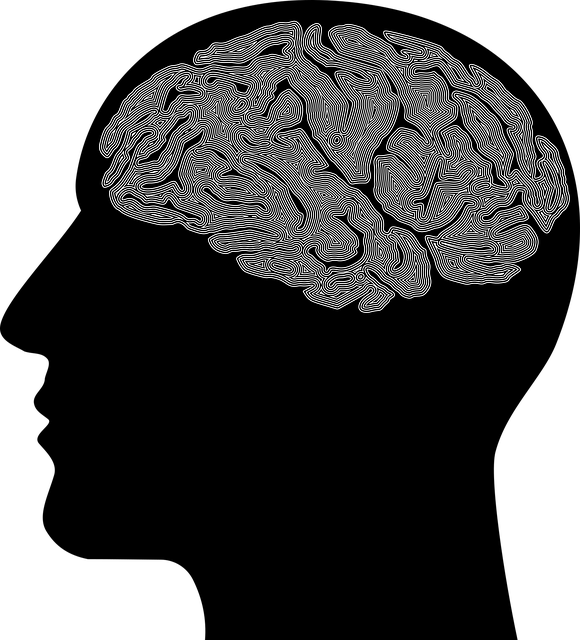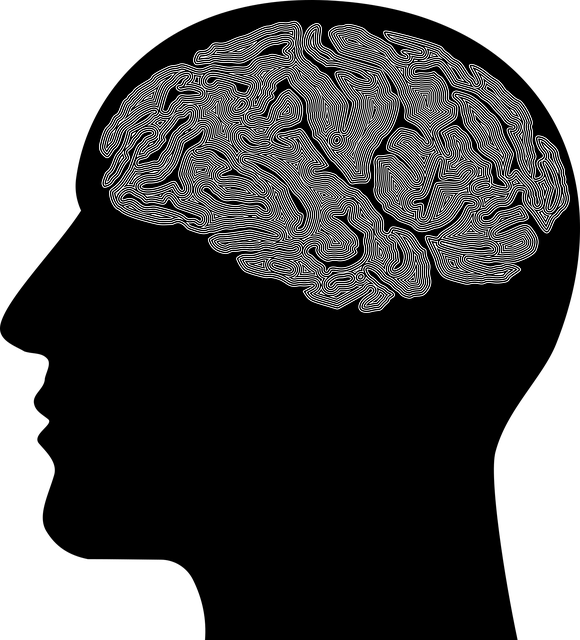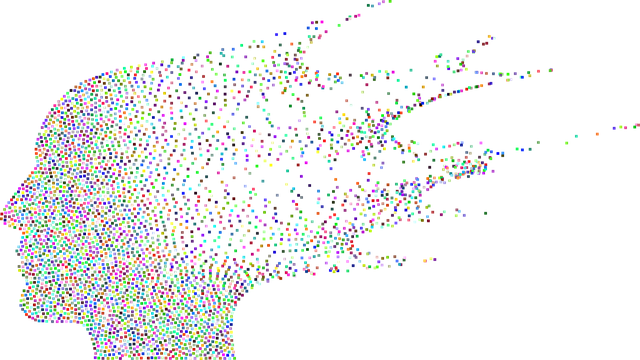The text explores how stigma surrounding mental illness significantly hinders access to therapy for individuals in Golden Blended Families, leading to prolonged struggles. It introduces Golden Blended Families Therapy (GBFT), a groundbreaking approach aimed at reducing this stigma through education, awareness campaigns, and community initiatives. GBFT fosters understanding, encourages open conversations about mental health, promotes early intervention, and teaches techniques like Mindfulness Meditation for resilience building. Key strategies include workshops, podcasts, community outreach, and policy advocacy to normalize discussions on mental wellness and improve accessibility to therapy.
Mental illness stigma remains a significant barrier to recovery, often preventing individuals from seeking help. This article explores various efforts aimed at reducing this detrimental perception, highlighting innovative approaches such as Golden Blended Families Therapy, which combines traditional therapy with community engagement. We delve into education and awareness campaigns breaking down misconceptions, the power of support systems in fostering understanding, and policy changes advocating for mental health equality. By examining these strategies, we can collectively contribute to a more inclusive society that embraces mental wellness.
- Understanding Stigma: Barriers to Seeking Help
- Golden Blended Families Therapy: A Unique Approach
- Education and Awareness: Breaking Down Misconceptions
- Support Systems: Building a Network of Understanding
- Policy Changes: Advocating for Mental Health Equality
Understanding Stigma: Barriers to Seeking Help

Stigma surrounding mental illness often acts as a significant barrier for individuals seeking help and support. This societal shame can manifest in various ways, leading many to suffer in silence or avoid professional assistance altogether. The impact is profound, especially within Golden Blended Families, where complex dynamics may exacerbate feelings of isolation and fear of judgment. When left unaddressed, these barriers contribute to prolonged struggles, hindering individuals from accessing the resources that could significantly improve their well-being.
One of the primary challenges is the misconception that mental illness is a sign of weakness or personal failure. Such beliefs discourage people from openly discussing their experiences and seeking therapy. Additionally, the fear of being labelled or misunderstood can be paralysing. Many struggle with the idea of revealing their inner turmoil to others, especially when societal norms encourage individuals to appear strong and resilient. However, it is essential to challenge these preconceived notions, promote understanding, and encourage open conversations about mental health challenges. Adopting effective stress reduction methods, such as Mindfulness Meditation, and fostering inner strength development can play a pivotal role in breaking down these barriers and paving the way for much-needed support.
Golden Blended Families Therapy: A Unique Approach

Golden Blended Families Therapy (GBFT) is a unique approach that aims to address mental illness stigma by fostering understanding and support within family structures. This therapeutic model recognizes that family dynamics play a significant role in shaping an individual’s mental health journey, especially when dealing with conditions like depression or anxiety. By bringing together blended families—those with step-parents, half-siblings, or adopted members—GBFT creates a safe space for open conversations about mental wellness. Through shared experiences and collective learning, family members can build resilience and develop inner strength, ultimately enhancing their ability to navigate mental health challenges together.
The therapy focuses on promoting Mental Health Awareness by normalizing discussions around emotional well-being. It encourages every member to share their perspectives, ensuring that everyone in the family understands and supports each other’s mental health needs. This inclusive environment not only reduces stigma but also paves the way for early intervention and better coping strategies. By engaging in GBFT, families can cultivate a supportive ecosystem that boosts resilience building and encourages open dialogues about seeking professional help when needed.
Education and Awareness: Breaking Down Misconceptions

Education and awareness campaigns play a pivotal role in reducing the stigma surrounding mental illness within communities, especially diverse families. Golden Blended Families Therapy initiatives often aim to break down misconceptions and foster understanding through interactive workshops and engaging media platforms. By providing accurate information about various mental health conditions, these efforts help dispel myths that may arise due to lack of knowledge or exposure.
One effective strategy is the production of a Mental Wellness Podcast Series that offers a safe space for open conversations. These podcasts can cover a range of topics, including emotional regulation techniques and stress reduction methods, catering to diverse audiences. Through storytelling and expert insights, they challenge stereotypes and present real-life examples, thereby normalizing mental health discussions within families and communities.
Support Systems: Building a Network of Understanding

Building a support system is an integral part of stigma reduction for mental illness. Golden Blended Families Therapy offers a unique approach to this by creating networks of understanding within communities. This involves fostering connections between individuals, families, and professionals who have either personally experienced or are dedicated to supporting those with mental health challenges. By bringing people together, the therapy program facilitates open dialogue, breaks down barriers, and promotes empathy.
The implementation of community outreach programs plays a significant role in this process. These initiatives aim to educate the public about mental illness, dispel myths, and encourage early intervention. Additionally, resilience-building workshops empower individuals to manage stress and develop coping strategies. Through these collective efforts, communities can create a more inclusive environment where support is readily available, fostering recovery and reducing the impact of stigma.
Policy Changes: Advocating for Mental Health Equality

Mental illness stigma reduction requires a multifaceted approach, and policy changes play a pivotal role in fostering equality within mental health care. Advocacy efforts aim to challenge discriminatory practices and promote inclusive policies that support individuals struggling with mental health issues. One significant strategy is pushing for insurance coverage that extends comprehensive mental health services, including therapy options like Golden Blended Families Therapy, which focuses on strengthening family bonds and promoting inner strength development.
By ensuring accessibility and affordability of such treatments, society can encourage early intervention and prevent exacerbation of symptoms. Additionally, policy advocates work towards integrating mood management techniques and confidence-boosting programs into educational curriculums and workplace wellness initiatives. These measures collectively contribute to a more compassionate and supportive societal environment for those facing mental health challenges.
Mental illness stigma reduction is a multifaceted approach that includes understanding barriers to seeking help, implementing unique therapeutic methods like Golden Blended Families Therapy, educating communities to break down misconceptions, fostering support systems, and advocating for policy changes that promote mental health equality. By combining these strategies, we can create a more inclusive society where individuals with mental health challenges are supported and empowered to seek the care they need. Efforts towards stigma reduction not only benefit individuals but also strengthen our communities as a whole.
